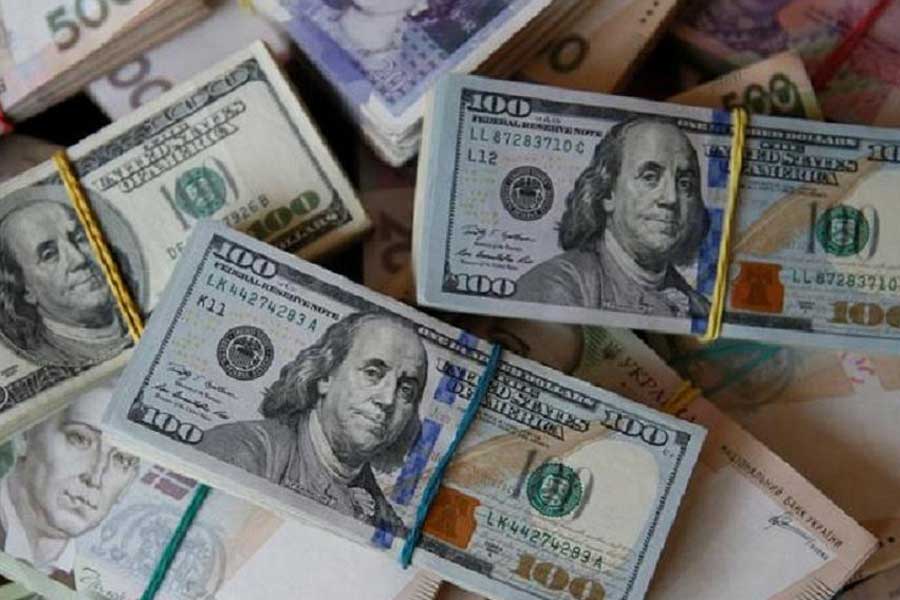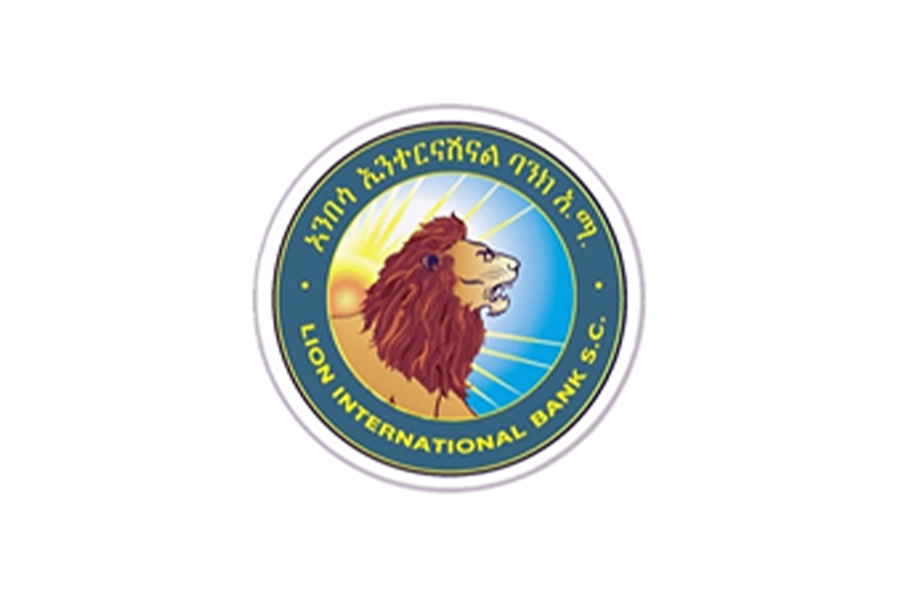
Fortune News | Jan 30,2021
Jul 28 , 2024

In an unprecedented shift in economic policy, Ethiopia has announced the liberalisation of its foreign exchange market, a move set to take effect on Monday, July 29, 2024. For the first time in over half a century, the exchange rate of the Birr will be determined by market forces, a landmark decision that could reshape the country's economic landscape.
Prime Minister Abiy Ahmed (PhD), made the announcement today, justifying the decision as a necessary measure to address deep-seated economic structural issues, including foreign exchange distortions and macroeconomic imbalances.
"The liberalisation is expected to enhance the competitiveness and inclusiveness of the financial sector, ultimately promoting a more resilient and sustainable economic environment," he stated.
The Prime Minister's administration is banking on these reforms to control inflation, improve public investment efficiency, and bolster the banking industry’s soundness. The announcement has sent ripples through the financial sector, with Central Bank Governor Mamo Mehirtu convening an urgent meeting with senior executives of commercial banks late in the afternoontoday. The National Bank of Ethiopia (NBE) has issued a directive to enforce the decision, which forms a critical part of the second edition of the Home-Grown Economic Reform Program (HGERP). The directive outlines the framework within which banks will operate in the new, liberalised environment, requiring major adjustments as they adapt to market-determined exchange rates.
For decades, Ethiopia's economy has struggled under the weight of foreign exchange distortions that stifled growth and fostered inefficiencies. The official exchange rate currently stands at 58.6 Br against the Dollar, while the parallel market sees rates of 115 Br or more. The disparity has fueled a robust parallel market, complicating economic planning and fuelling inflation. The government hopes that by allowing market forces to set the exchange rate, these distortions will diminish, creating a more favorable balance of payments and attracting foreign direct investment.
Governor Mamo's briefing focused on the urgency and importance of preparing the financial sector for the upcoming changes. Prime Minister Abiy has committed to maintaining transparent communication with all stakeholders during this period of transition.
"We're dedicated to continuously reviewing and evaluating the impact of these reforms," he asserted.
The anticipated rise in the value of the Birr against the Dollar, as the market takes over, could lead to consequential economic shifts. With the official rate at 58.6 Br against the Dollar and the parallel market at more than double that rate, the alignment of these two rates under market forces is expected to streamline economic activities and reduce black market incentives.
Prime Minister Abiy has also pledged measures to protect the most vulnerable members of society. Social safety net programs and wage subsidies for low-income public service employees are part of the broader strategy to cushion the potential short-term impacts of the liberalization.

Fortune News | Jan 30,2021

Radar | Mar 14,2020

Commentaries | May 15,2021

Fortune News | Dec 05,2018

Viewpoints | Mar 07,2020

Radar | Sep 22,2024

(Addis) Fortune Audio | May 27,2020

Fortune News | May 23,2020

Fortune News | Mar 30,2024

Editorial | Oct 10,2020

Photo Gallery | 180362 Views | May 06,2019

Photo Gallery | 170560 Views | Apr 26,2019

Photo Gallery | 161601 Views | Oct 06,2021

My Opinion | 137276 Views | Aug 14,2021

Nov 1 , 2025
The National Bank of Ethiopia (NBE) issued a statement two weeks ago that appeared to...

Oct 25 , 2025
The regulatory machinery is on overdrive. In only two years, no fewer than 35 new pro...

Oct 18 , 2025
The political establishment, notably the ruling party and its top brass, has become p...

Oct 11 , 2025
Ladislas Farago, a roving Associated Press (AP) correspondent, arrived in Ethiopia in...